An apparently coordinated Russian response challenges Norway’s position in Svalbard
On the 100th anniversary of the Svalbard Treaty, which granted Norway sovereignty over the archipelago, a Russian media campaign stokes tensions.
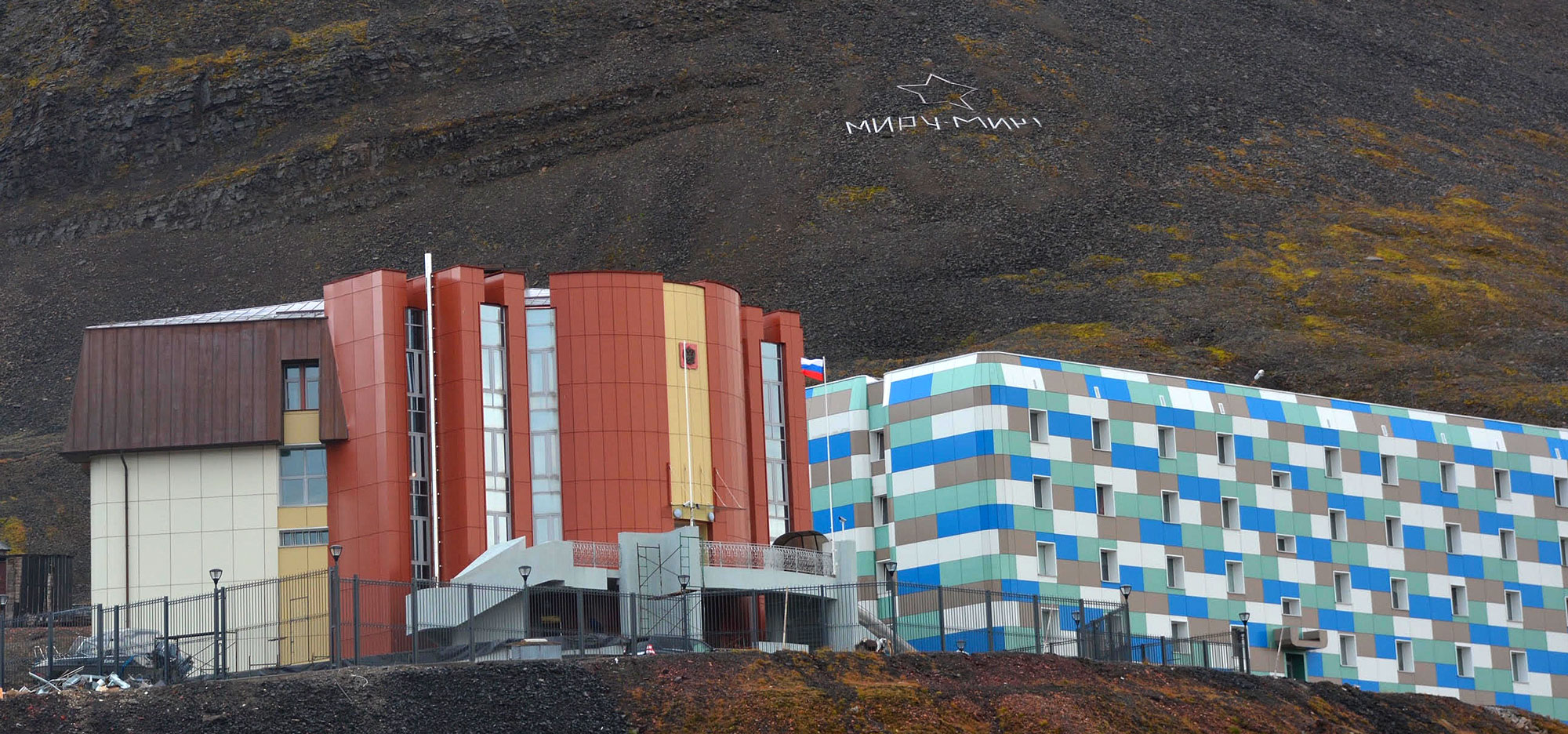
A letter sent by Russian Foreign Minister Sergey Lavrov to his Norwegian counterpart Ine Eriksen Søreide on the February 4 this year was the opening shot of what developed into a targeted information offensive against Russia’s Nordic neighbor.
In what appears as an organized and coordinated campaign, a number of Russian newspapers and media companies subsequently published series of stories that expressed a highly negative, partly aggressive, attitude towards the authorities in Oslo.
The message is that Norway must comply with Russian demands in Svalbard and that continued opposition could have serious consequences.
Diplomatic pressure
Lavrov’s letter was sent only few days before the 100-year anniversary of the Svalbard Treaty, the document that in 1920 granted Norway sovereignty over the Arctic archipelago. The minister’s viewpoints were not new; they have been highlighted by Russia side for many years. But this time, the pressure appeared more significant than before.
In the letter, Lavrov strongly signaled that Russia feels discriminated against on the archipelago. He reiterated his country’s opposition to the Norwegian establishment of a Fishery Protection Zone around Svalbard and called for “bilateral consultations on the removal of limitations for Russian activity and structures on the archipelago.”
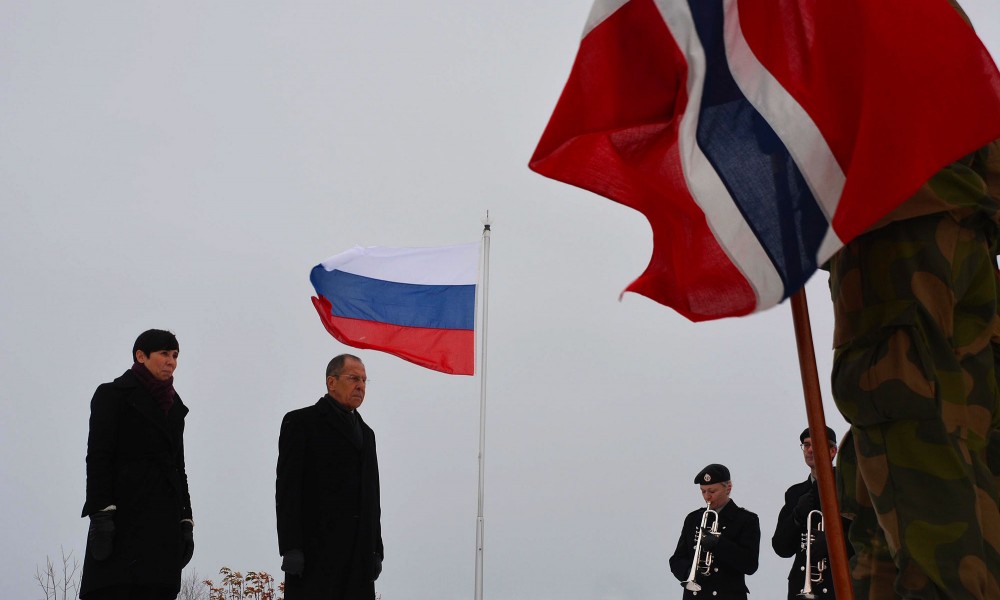
The same position on bilateral relations was later presented by Deputy Foreign Minister Vladimir Titov — who in an interview said that “principle issues are not being resolved and problems pile up” — as well as by foreign ministry press spokeswoman Maria Zakharova.
In late February, the chairman of the ministry’s Association of Russian Diplomats, Igor Khalevinsky, summed up Russian viewpoints in an article, where he also described the geopolitical position of the archipelago as “extraordinarily favorable from a military perspective.”
The following month, Russia’s General Consul in Svalbard Sergey Gushchin gave a lengthy interview to newspaper Rossiiskaya Gazeta. According to the diplomat, Russians are increasingly squeezed by local Norwegian authorities.
These are problems that disturb our local life, but there is no outright pressure from the Norwegian side to make Russians leave, he makes clear.
He underlines that Russians have the right to stay in the archipelago. “Spitsbergen is also our land, it is covered by the blood of our ancestors.”
About 400 people now live in Barentsburg, the local settlement inhabited by primarily Russians and Ukrainians. While Norwegians call the archipelago Svalbard, Russian use the name Spitsbergen. Both nations have centuries long history in the area and many Russians argue that their Pomors were the first to arrive.
Oslo says No
However, the mounting pressure from Moscow has not led to a change in course in Oslo.
In a statement published on February 9, the day of the 100-year anniversary of the Svalbard Treaty, Norwegian Foreign Minister Eriksen Søreide made clear that Norway is in no way willing to compromise on the interpretation of the treaty.
“Today, Norwegian sovereignty is undisputed and Svalbard is Norwegian just as much as any region on the mainland,” Eriksen Søreide underlined in a joint newspaper article with Minister of Justice Monica Mæland.
“Svalbard is part of Norway [and] it is not natural that we consult with other countries about the execution of powers in our own areas,” they stressed.
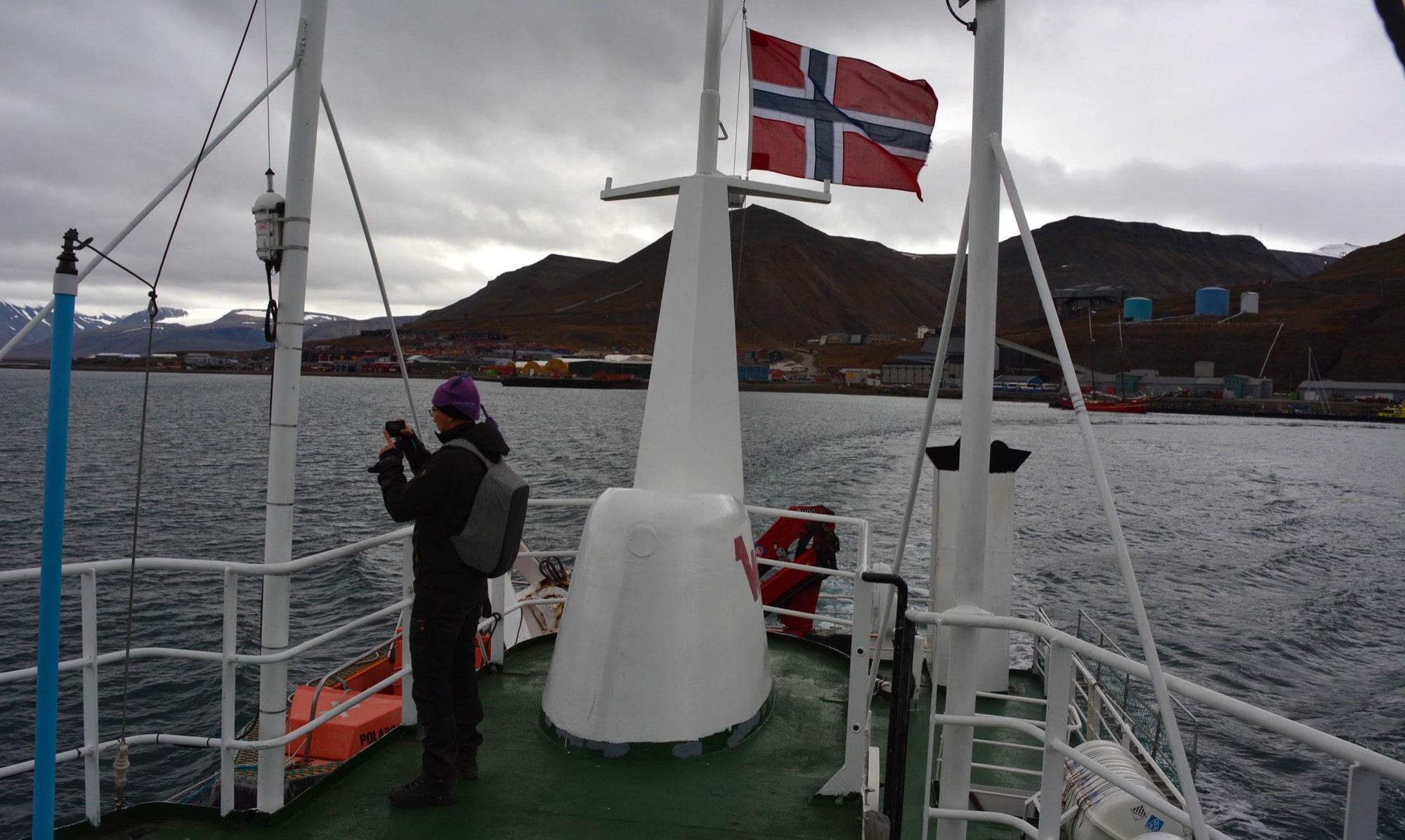
At the same time, the two ministers underlined that Norway fully complies with the treaty and its provisions about military fortifications and that individuals and companies from signatory states are allowed to engage in economic activity.
Media offensive
Probably, few Russian newspaper readers have failed to catch the wave of anti-Norwegian stories that has gushed over the country’s media following the cold shoulder from the Norwegian government.
A compilation of reports from newspapers and news agencies reveals that more than 200 stories about Russian-Norwegian relations in Svalbard were published just in the period from February 9 and March 9. The survey made by the Barents Observer is based on media listed in the search engine Yandex.
Many of the stories are more or less copies of each other. But the number is still overwhelming, and it is even larger if subsequent months are included.
Some of the reports were also included in the daily newsletters issued by the Russian Arctic Commission, the federal government body on regional Arctic developments.
A key message in the media reports is not only that Norway is violating the Svalbard Treaty, but also that Russia must do more to strengthen its position in the archipelago.
Far from all the reporting media are equally serious and trustworthy. Several of the outlets are well known for their twisting of facts and outright lies. But the list of voices that appear to ignite tension also includes state media such as newspaper Rossiiskaya Gazeta.
Public opinion
The Russian position on Svalbard is delicately described by Frants Klintsevich, the First Deputy Chairman of the parliament Defense and Security Committee. In an interview with the Federal News Agency, Klintsevich underlines that Russia must “more actively protect its national interests” and that the situation with Svalbard is “a real provocation.”
The international borders in the area are settled, but there are other ways to approach the issue, he explains.
“We will not overtake and will not try to violate these borders, but we must understand that in line with the settled logics of international law, these territories do still belong to Russia, and we have convincingly proved that,” the controversial politician says.
He calls on Russia’s Foreign Ministry and other authorized state institutes to actively raise the issue with the West. But no less important, Klintsevich underlines, is Russian public consensus on the issue.
“Russian mass media must bring forward the position of the state to the population in the most clear and straightforward manner,” he stresses.
“NATO to Spitsbergen”
Such attempts to shape public opinion shine through many of the news stories about Norway and Svalbard. A part of the picture are imagined threats from the West, and first of all from the Kremlin’s arch-enemy, the North Atlantic Treaty Organization.
In a report published in the Rossiiskaya Gazeta, journalist Yevgeny Vasiliev criticizes Norwegian positions in the archipelago and argues that Norway is seeking to pull NATO into the Arctic and in Svalbard specifically. He also looks at historical perspectives and underlines that Russia actually had a “justified reason to claim Spitsbergen.”
The NATO membership of Norway is highlighted also by a number of other media. In a report by Svobodnaya Pressa, a so-called military expert says that there will be opened a NATO base in Svalbard if Russia decides to pull out of the area.
In its conclusion, the article says that “it is about time that Russia turns towards a clearer, even more aggressive, offensive in the Spitsbergen issue.”
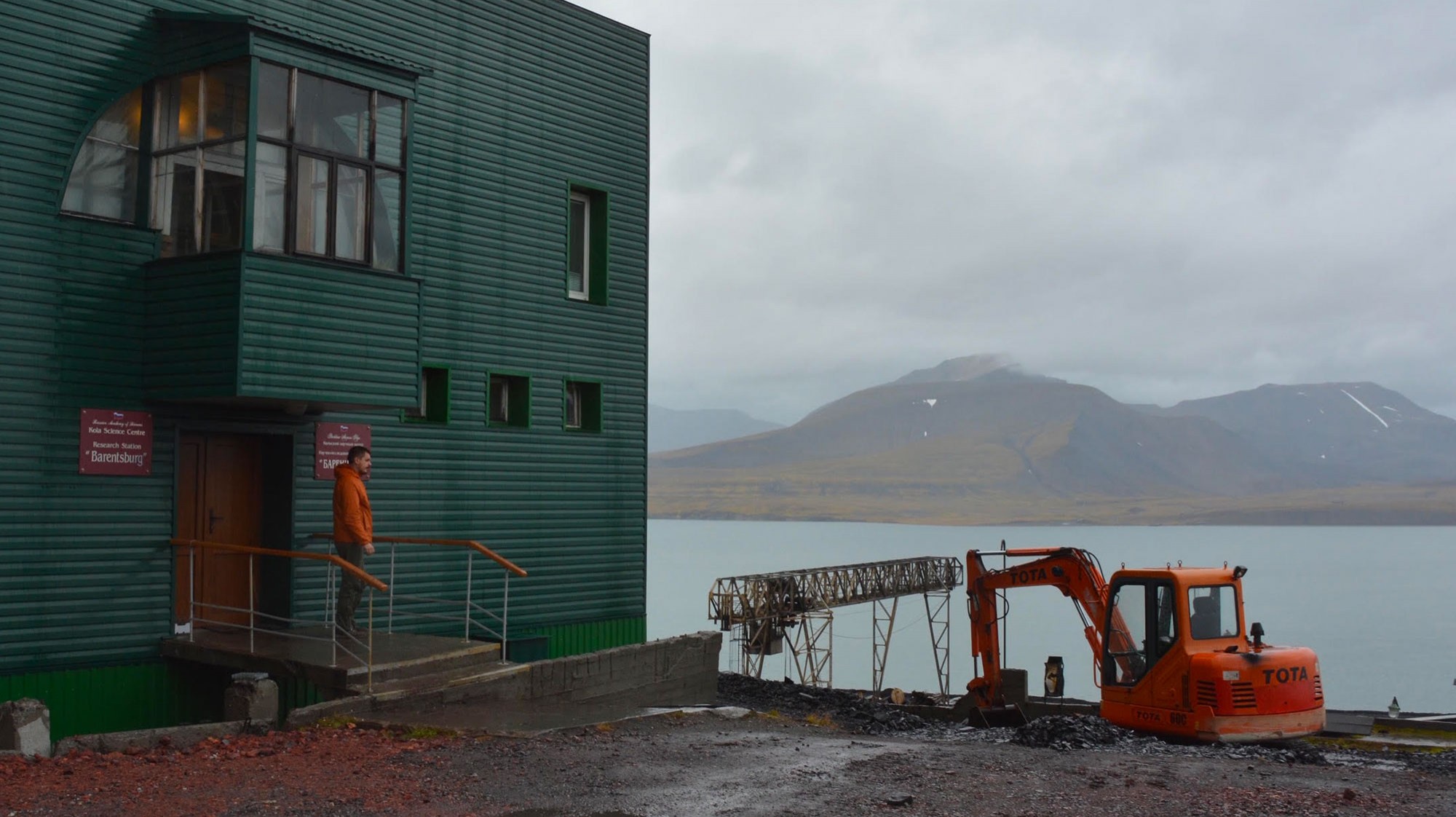
A no less articulate position is expressed by newspaper Reporter. In an article there, journalist Aleksandr Neukropny argues that “tourists” wrapped in stars and stripes will arrive on site as soon as Russians leave.
“We would have to kick them out with our [cruise missiles] Kalibr,” Neukropny writes.
Another alleged expert tells news agency Regnum that the current state of affairs poses a strategic threat against the military and economic security of Russia and that “diplomatic dialogue will hardly bring results.”
“Russia will probably have to develop and apply the options of economic and forced finger-wagging,” he says.
Strategic importance
At the same time, several of the media reports highlight the invaluable strategic importance of the archipelago.
“Spitsbergen could become a kind of shield for Russia from where we comfortably could control both the airspace and waters that lead to [the Northern Fleet bases] Severomorsk, Gadzhievo or Vidyaevo,”
“Actually, a couple of Russian air force bases in the archipelago could significantly influence the power balance in the whole Arctic region,” newspaper Novye Izvestia reports.
In an article in Tsargrad, controversial analyst Yevgeny Satanovsky warns Norway that Svalbard ultimately could become a military training ground for Russia.
“You would not want Spitsbergen to be developed into a showcase shooting range for testing of supersonic weapons, the same way that Novaya Zemlya was for nuclear weapons testing,” Satanovsky writes.
Environmental alibi
Another approach is presented by news agency Polit Expert, along with media house Tsargrad. According to the media, Norway is deliberately using environmental protection as argument to curb Russian activities in Svalbard.
However, that argument can no longer be taken seriously, the news agency argues.
After all, the news agency argues, Norway has allowed the U.S. to build a military base in the protected nature of islands Jan Mayen, and that shows that the country’s policy is not sincere.
“If Norway in this way does not care about nature and environment [in Jan Mayen], then why should Russia listen to the opinion of Oslo [in Spitsbergen], who violates International law.”
The reference to Jan Mayen, the islands located north of Iceland, is related to a recent so-called site survey by U.S. representatives in late fall 2019. The visit was conducted merely to assess whether American C-130J Hercules transport aircraft can land on the local dirt runway.
The Tsargrad also writes that Oslo “quietly ignores all requests from Moscow and actively uses fakes to ignite an anti-Russian hysteria that is beneficial to the West.”
“Aggressive Norway”
Meanwhile, news agency GoArctic argues that Norway ultimately could end up attacking Russia, even without support from NATO.
“One would think that this country should be happy with favorable agreements with Russia, but either unconsciously or under pressure from proxy forces in the Norwegian parliament, the Norwegian fleet is becoming the vanguard in the U.S. fight for the Arctic, against Russia,” analyst Vladimir Yeranosyan writes.
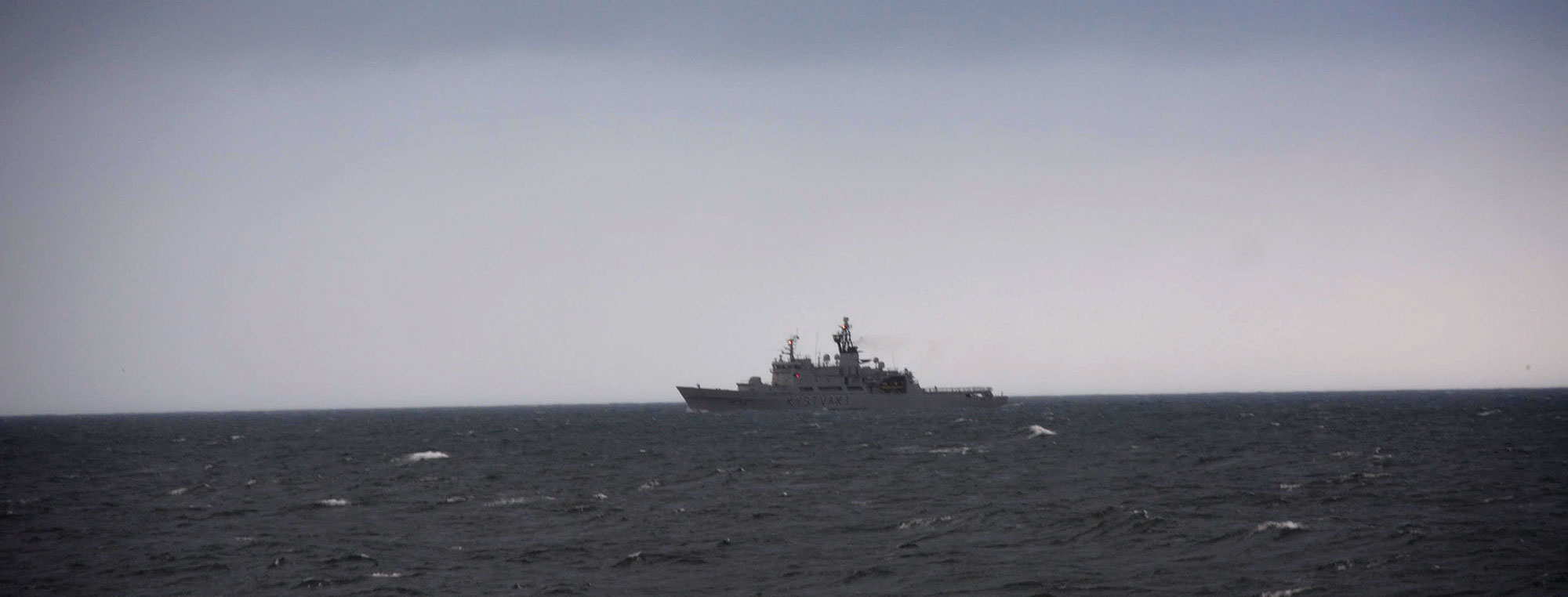
But Norway could potentially act also alone, Yeranosyan argues.
“Perhaps something unexplainable happens and the Norwegians suddenly remember their heritage with the vikings and their expansionism […] It means that the Norwegian fleet hypothetically would be able to hinder Russia’s development of oil and gas fields in areas of the Arctic shelf that are open in accordance with global legislation.”
Troll media
Several of the referred media belong to a group of news agencies that mushroomed after 2014. Some of them are inter-connected and have dubious owner relations.
As shed light on by an investigative study by newspaper RBC, the Federal News Agency and its subsidiaries were originally established on the same address as the so-called Troll Factory in St.Petersburg. “From the troll factory has grown a media factory,” the newspaper reported in 2017.
According to RBC, one of the people behind the new media is Yevgeny Prigozhin, the businessman that over the past two decades has a been connected with President Vladimir Putin. He is also believed to be a key person behind the Internet Research Agency, also called the “Troll Factory.”
In addition to the Federal News Agency, also PolitExpert is believed to be connected to the “media factory.” Both media have been outspoken on the Svalbard issue.
Meanwhile, the Tsargrad media house and TV channel is connected with another controversial person in the Moscow establishment. Investor and banker Konstantin Malofeev established the news media in 2015. On board in that process was reportedly Fox News producer Jack Hanick and among the company’s foreign partners is American far-right radio show host Alexander Emric Jones.
Tsargrad is known for its conservative reporting with high focus on Orthodox Christianity and support for the Russian president.
Malofeev is currently on the EU sanction list, following his reported close links to Ukrainian separatists in Eastern Ukraine and Crimea. According to Wikipedia, he is also member of the board of trustees of the Safe Internet League, a non-profit partnership that created the original draft of the current Russian internet censorship law.
The new and controversial Russian media might at first glance appear insignificant and without appeal to wider audiences. However, judging from reader statistics obtained by RBC in 2017, newsmakers like the Federal News Agency have many million readers, even more than many of the established major Russian media companies. In today’s Russia, they have become a key part of the media landscape and are used actively to promote Kremlin policy.